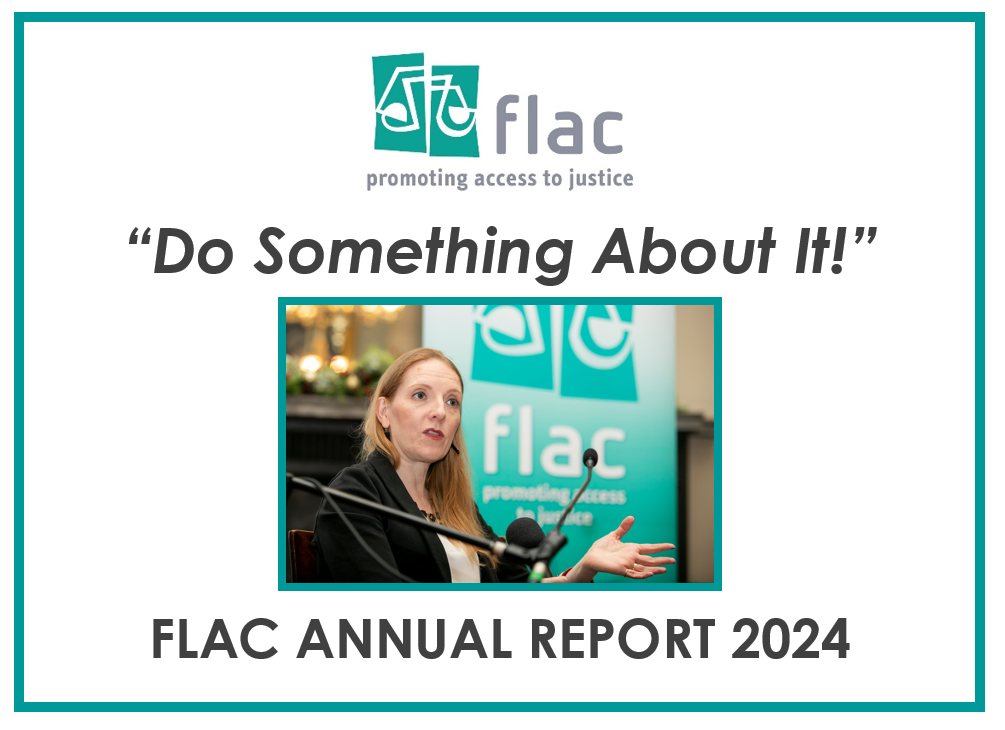Ireland’s civil legal aid system is facing an unprecedented crisis, with officials warning that chronic underfunding, staffing shortages, and surging demand could soon paralyse services across the country.
The Legal Aid Board has revealed that it is running more than €1.3 million over budget, and is now on the brink of pausing recruitment and shutting down intake at key law centres. Without emergency funding, communities in several counties may find themselves without local access to legal aid altogether.
Legal Aid Board Warns of Service Cuts
Internal communications between the Legal Aid Board and the Department of Justice indicate a pay bill shortfall of over €1.1 million, compounded by 34 staff vacancies that remain unfilled. The organisation is now grappling with the impossible task of delivering essential legal services—including family law, domestic violence, and child custody support—without the personnel or funds to match.“If we are forced to freeze recruitment, some of our busiest law centres may need to stop accepting new clients,” warned a senior board official. “That would leave entire counties with no local legal aid access at all.”
The €32.4 million budget allocated for 2025 is falling short at a time when demand is rising sharply, particularly in asylum and immigration-related cases.
Public Legal Services at Breaking Point
Non-profit groups such as FLAC (Free Legal Advice Centres) have also raised the alarm. The organisation received over 53,000 requests for help last year but could only respond to about one in five, citing stretched resources and limited funding.Family and employment law remain the most common issues brought to FLAC, with increasing numbers of people seeking help for domestic violence, unfair dismissal, and housing issues. Even clients who qualify for aid through the Legal Aid Board have reported being unable to secure representation from the board’s private solicitor panel.
“The public is being turned away, even in serious cases, because the infrastructure simply isn’t there,” said FLAC’s legal policy coordinator. “People are slipping through the cracks.”
Civil Legal Aid Reform Still in Limbo
The Government previously established a Civil Legal Aid Review Group to assess the system’s shortcomings and recommend reform. Although its findings have been submitted to the Minister for Justice, there is growing concern over the lack of urgency in implementing changes.
FLAC and other advocacy groups are now calling on the Government to:
- Expand eligibility for legal aid in areas such as employment, housing, social welfare, and discrimination;
- Fund and support community law centres to meet growing demand;
- Provide a clear, long-term plan to ensure consistent service across all regions.
Consequences for the Justice System
Legal professionals warn that a weakened legal aid system doesn’t just harm vulnerable individuals—it threatens the integrity of the justice system itself.
“Delays in legal aid don’t just delay cases—they deny justice,” said one Dublin-based solicitor. “It creates a two-tier system where only those who can afford legal help have their rights protected.”
As the Budget 2026 process approaches, the pressure is mounting on Government leaders to inject emergency funds and set a long-term roadmap for legal aid sustainability.
For now, Ireland’s most vulnerable citizens may be left waiting for answers—and justice.
Other Sources:

'Ireland faces legal aid crisis' as Flac fields 53,000 calls in a year
Free Legal Advice Centres have nowhere to refer 20% of their callers as Flac cannot represent people at the WRC or in social welfare appeals

Pressure on government to deal with ‘civil legal aid crisis’
FLAC has called on the government to deal with the "civil legal aid crisis" as it revealed enormous demand for its services in 2024. The NGO's annual report for 2024, published today, shows that its telephone information and referral line answered 11,435 queries last year, including a record high of

Legal Aid Board warns of delays to divorce and child custody cases due to funding shortage
Rise in workload driven partly by ‘exponential increase’ in cases involving asylum seekers
Law Society of Ireland Gazette

Legal NGO FLAC launches Annual Report; Calls for Urgent Action in response to Ireland’s “Legal Aid Crisis”
Minister for Justice Jim O’Callaghan TD will launch FLAC’s 2024 Annual Report, titled “Do Something About It!”, at 9:30am on Monday, 30 June 2025. FLAC (Free Legal Advice Centres) promotes …
www.flac.ie


